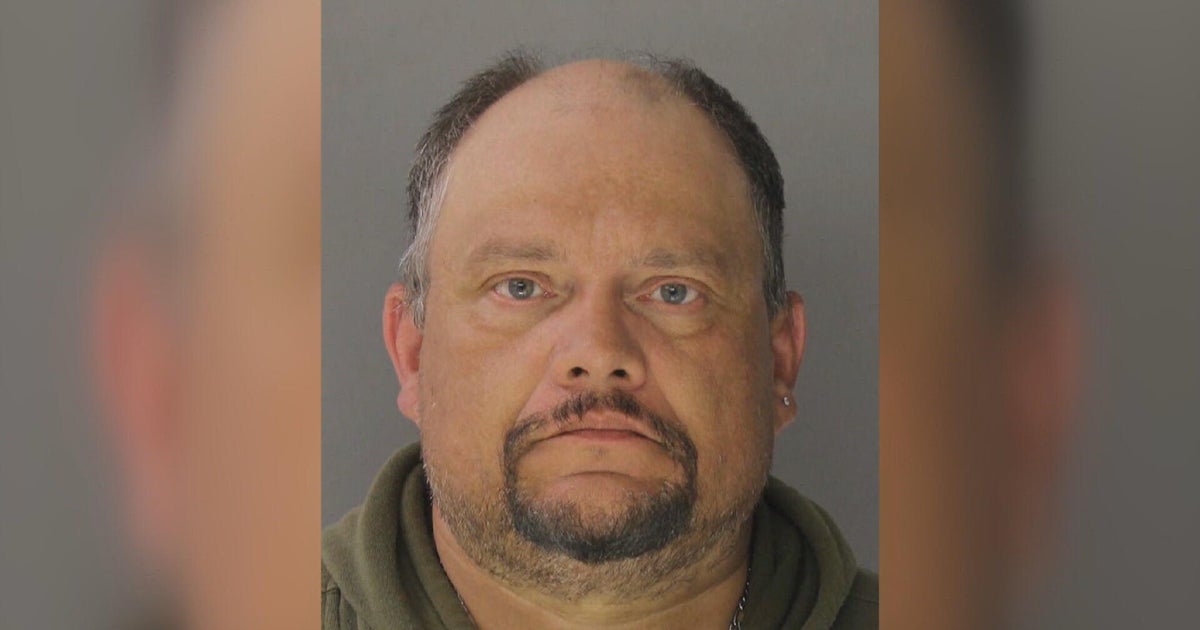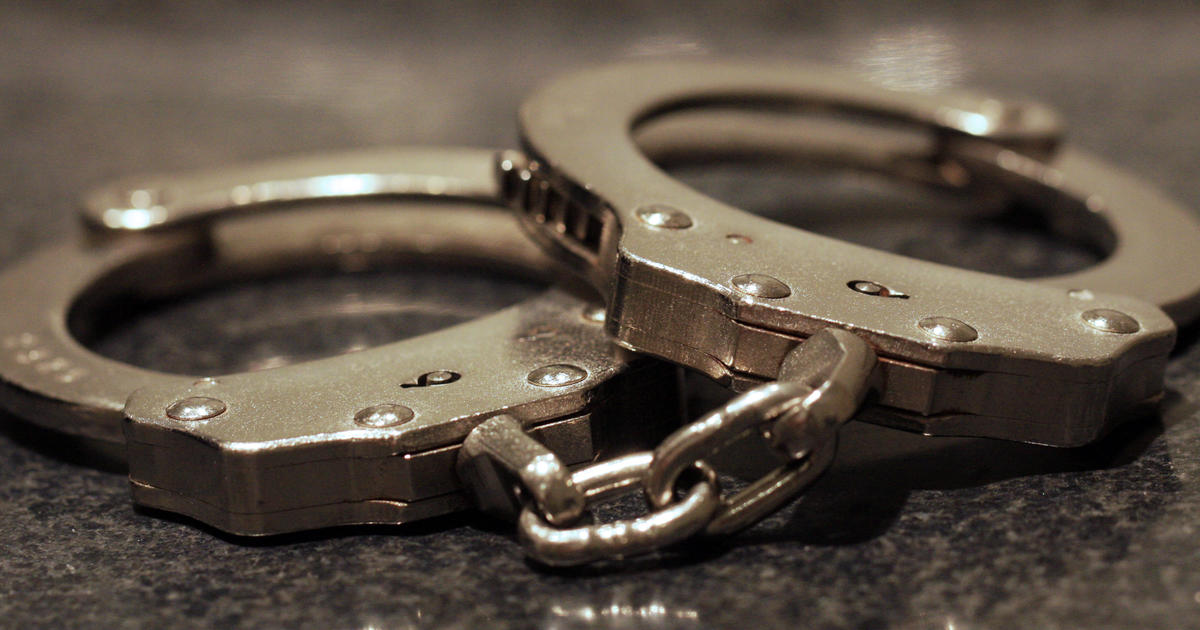Al Qaeda Embassy Bomb Plotter Pleads Not Guilty To Terrorism Charges
NEW YORK (CBSNewYork/AP) -- A former member of Osama bin Laden's inner circle was in court in New York Tuesday, facing charges for allegedly helping carry out a massacre on foreign soil.
As CBS 2's Dick Brennan reported, Abu Anas al-Libi was shackled and forced to answer for his alleged crimes.
He is charged in the deadly 1998 al Qaeda bombings of U.S. embassies in Kenya and Tanzania.
As WCBS 880's Irene Cornell reported, al-Libi's steps were slow and shuffling as he was led into the courtroom. He is over 6 feet tall, 1010 WINS' Juliet Papa reported.
Al-Libi, who has a thick gray beard, kept his hands folded on his lap as the judge read the charges Tuesday. He entered his plea through his attorney. He was handcuffed and led out of court after the judge ordered him detained as a flight risk.
Libyan Pleads Not Guilty To Terrorism Charges
He is charged in a Manhattan indictment in bombings that killed 224 people, including a dozen Americans. He is accused of helping plan and conduct surveillance for the bombings of U.S. embassies in Nairobi, Kenya and Dar es Salaam, Tanzania.
The 49-year-old was interrogated aboard a U.S. Navy warship for a week before he was brought to New York on Saturday. A prosecutor said Tuesday it's not a death penalty-eligible case.
Libyan Pleads Not Guilty To Terrorism Charges
"He was indicted more than 10 years ago, so he's definitely wanted, definitely high-ranking member of al-Qaeda, guilty of atrocities and the deaths of more than 200 people," said U.S. Rep. Peter King (R-N.Y.)
CBS News reported prosecutors may present a potential "smoking gun" witness at al-Libi's trial.
Ali Mohammad, now in custody, is a former captain in the Egyptian army. He joined the U.S. Army and taught Special Forces at Fort Bragg.
Officials said he was an al Qaeda double-agent who could testify about helping al-Libi plan the embassy bombings in Kenya and Tanzania.
"That would be the kind of witness that gives direct evidence," said CBS News Senior Correspondent John Miller.
Al-Libi's prosecution in the United States continues a policy of bringing suspected al-Qaeda sympathizers and operatives to civilian courts rather than military tribunals.
"You're going to see a fairly rapid process now that he's in the U.S.," CBS News National Security Analyst Juan Zarate told WCBS 880's Alex Silverman. "These are historical charges and we'll just have to see if he's incriminated himself further or if we have additional evidence."
U.S. commandos snatched al-Libi off the streets of Libya last week. Interrogators were said to be ready to question him for weeks aboard a U.S. warship in the Mediterranean, but al- Libi who suffers from hepatitis C, went on a fast and the interrogation was cut short.
"He had to be given a warrant; given his Miranda rights, so in effect, the whole interrogation process now has stopped, unless he wants to voluntarily cooperate, which I doubt he will, because he will have a lawyer," King said.
King and other Republicans said they want al-Libi sent to Guantanamo, instead of getting a trial in U.S. courts.
"We have a terrorist in prison in New York. He's going to go on trial in New York. It creates addtional risks for New York," King said.
Al-Libi's al Qaeda ties date back to the terrorist's early years, according to court documents. That would make him a valuable source of information about the group's history.
His full name is Nazih Abdul-Hamed al-Ruqai and he used to be on the FBI's most wanted terrorists list. His family says he was not in al Qaeda.
Known as one of al Qaeda's early computer experts, al-Libi is believed to have used an early generation Apple computer to assemble surveillance photographs in Kenya before the bombing there.
That information was presented to Osama bin Laden, who approved the bombing, a former federal law enforcement official has said.
President Barack Obama's administration took criticism years ago when it decided to prosecute admitted 9/11 mastermind Khalid Sheikh Mohammed in New York, rather than at the naval prison at Guantanamo Bay.
After reversing course, however, the government has successfully prosecuted several terrorism cases in civilian courts.
Prosecutors said the al-Libi case is not a death penalty case. There will be another hearing next week.
Check Out These Other Stories From CBSNewYork.com:
(TM and © Copyright 2013 CBS Radio Inc. and its relevant subsidiaries. CBS RADIO and EYE Logo TM and Copyright 2013 CBS Broadcasting Inc. Used under license. All Rights Reserved. This material may not be published, broadcast, rewritten, or redistributed. The Associated Press contributed to this report.)







